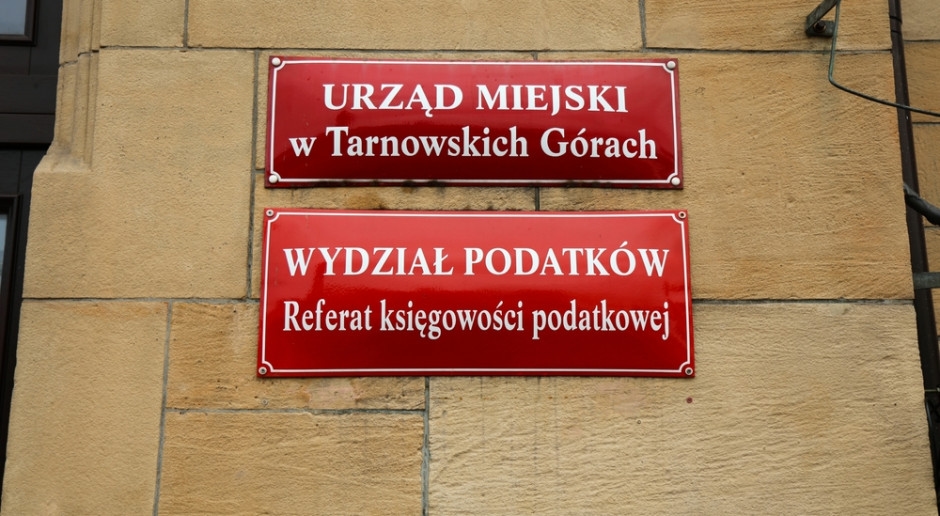Local governments are meticulously calculating costs. But rational decisions aren't always the cheapest.

- The number of local governments that fully take care of the insurance sector by purchasing appropriate policies is rapidly increasing.
- - For example, they protect themselves against the risk of random events by purchasing full insurance in terms of civil liability, including road management - says Katarzyna Rydlewska, deputy director of the Development Department at EIB.
- Policies that were previously unavailable or not very popular, such as criminal and fiscal risk insurance, are also becoming increasingly popular among local governments.
When we talk about cost monitoring and optimization, we usually apply these concepts to companies or the business sector, and much less often to public administration, including local government. Do public offices have and use tools that effectively control their operating costs?
Katarzyna Rydlewska, Deputy Director of the Development Department at EIB: I'll certainly address the area I'm working in, namely insurance. I've observed that local governments are increasingly paying attention to their operating costs.
Of course, this depends, among other things, on the size of individual local government units, the competences of the management staff, and the analytical tools mentioned in your question that a given local government has at its disposal.
One of the areas where the growing awareness of operating costs and financial risk management in local government units is clearly visible is the area of insurance.
What is the cause of this?
- The number of local governments is rapidly increasing, taking a more comprehensive approach to their insurance policies by purchasing appropriate policies. For example, they protect themselves against the risk of accidental events by purchasing comprehensive third-party liability insurance, including road management insurance.
Policies that were previously unavailable or did not enjoy much interest from local government administrations, such as criminal and fiscal risk insurance , are also becoming increasingly popular among local governments.
Furthermore, we are observing a growing interest from local governments in innovative insurance solutions that significantly simplify and streamline processes, including those related to servicing residents, such as online claims reporting.
All this indirectly, and sometimes even directly, translates into savings and increased efficiency of local government units.
Increasing the efficiency of local governments does not always mean savingsBelow is a video recording of the entire conversation with Katarzyna Rydlewska:
But the key goal of local governments is, above all, meeting the needs of their residents. Is it possible, then, to combine savings with efficiency in local government operations, meaning the implementation of numerous internal and delegated tasks?
Improving the efficiency of local governments doesn't always mean savings. Moreover, practice shows that savings should never be a goal in itself , overriding the many tasks local governments perform.
As you pointed out, the purpose of local governments is to meet the needs of residents and provide them with the highest possible quality public services. By efficiency, I mean the best possible management of resources and their optimal use , as well as ensuring safety.
In this context, I also mean making rational decisions. However, I must emphasize right away – rational doesn't always mean the cheapest .
The cheapest policy may turn out to be an illusory savingInsurance is a great example, as the cheapest policy may actually turn out to be an illusory saving, because when the insurance contract passes its most important test - that is, when the damage occurs - it may turn out that the local government will not receive compensation or will receive it to an insufficient extent.
This example proves that the issue of savings and efficiency, including the functioning of local government units , should be approached very carefully and with a great deal of common sense .
Let's simplify processes and ensure their cost-effectiveness, but in a way that does not reduce the quality of public services.
* * *
The conversation was recorded during the 23rd Local Government Capital and Finance Forum (Katowice, October 6-7, 2025).
portalsamorzadowy





